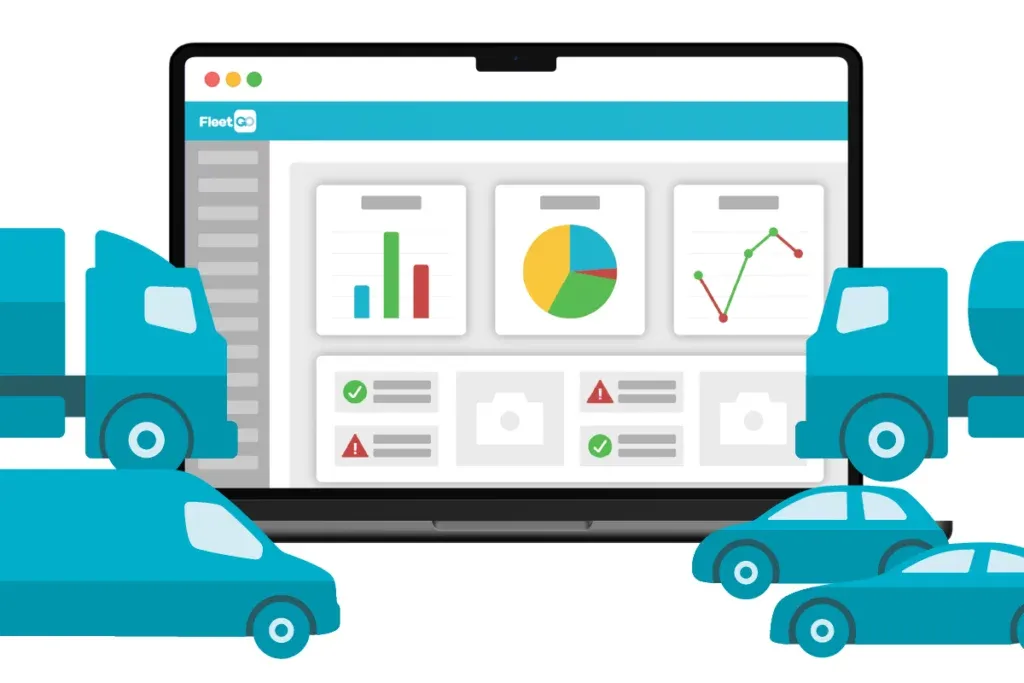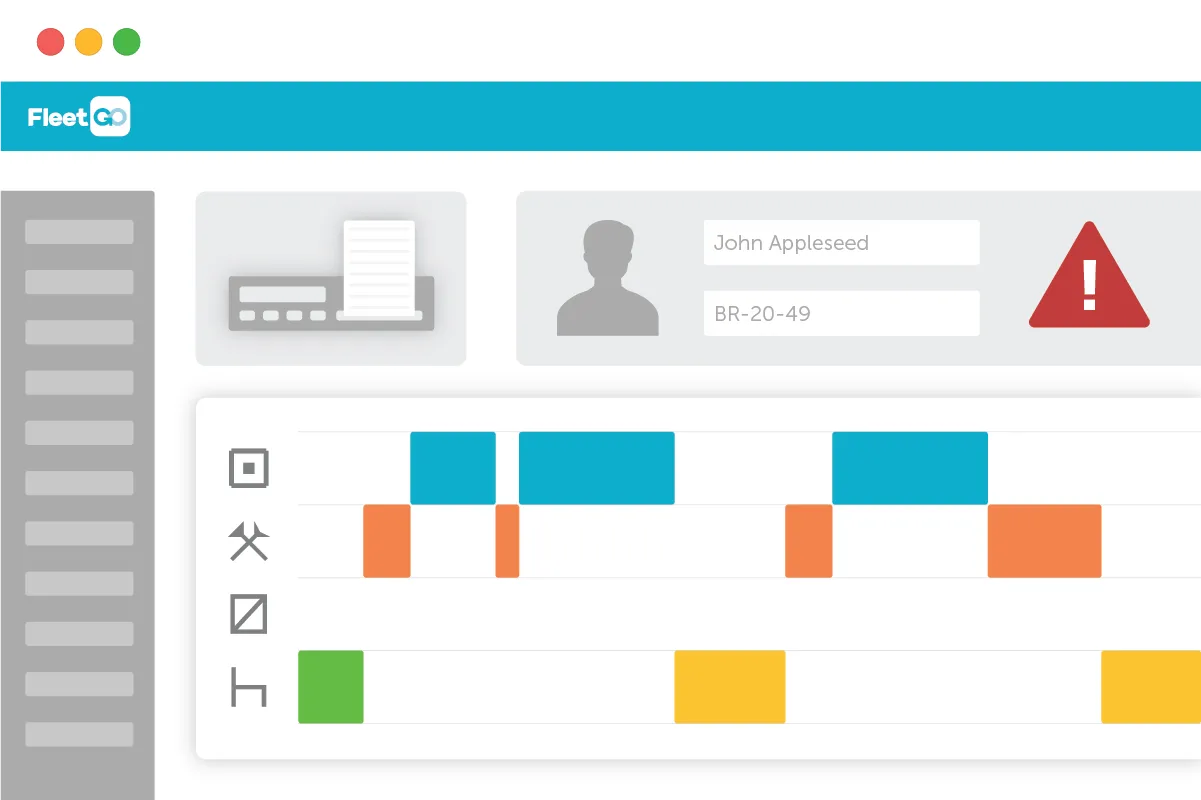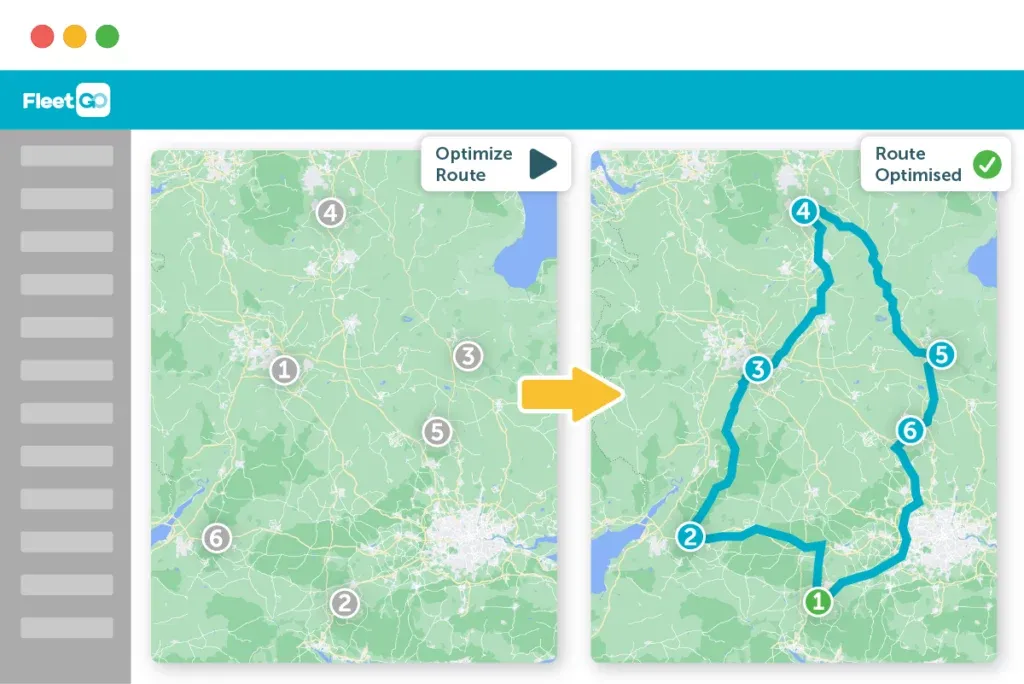Fleet management software is perhaps one of the most revolutionary things to happen to logistics and fleet management in a long time. Especially when factoring in the cost-to-benefit ratio of implementing it in most fleets.
As the name suggests, fleet management software is a category of software aimed at managing, organising and tracking fleet vehicles. The specific features of any given software solution can vary depending on the package, and it is becoming increasingly common for fleet management software vendors to offer multiple versions of their software at different prices to meet individual needs.
Like many software categories, fleet management software is increasingly moving over to the software-as-a-service (SaaS) model of distribution. This means that rather than paying for a software license and installing that software locally on the company’s machines, an organisation will pay a recurring fee — essentially a subscription — and the software is hosted remotely.
What Does Software for Fleet Management Do?
Fleet management software gives organisations access to a wealth of data regarding their fleet. This information can be downloaded and used for the day-to-day running of their operations. In addition, it gives the organisation more information to work with or analyse when planning future decisions.

Software for fleet management can also work with a range of sensors and other data points to give an organisation a clearer picture of the state of its fleet. Examples of these data points include tyre pressure information, temperature readings from temperature-controlled vehicles and more.
Fleet management software also makes visibility easier by keeping detailed records that can be put into clear reports easily — sometimes automatically. Information, such as driver ID records and inspection reports, are all stored and easily accessible. Everything within the system is linked, so a user could be looking at fuel card information and quickly pull up the information of any driver associated with that card.
Never risk any tachograph fines again!
Get started with analysing your tachograph files with the FleetGO all-in-one tacho solution. Never miss an infringement again!
Chances of getting invested are higher than ever!

What Are the Benefits of Vehicle Fleet Management Software?
Finding the best fleet management software is often a case of comparing the features included in a particular solution against the needs of the organisation. That being said, there are some common benefits applicable in most cases.
Remote fleet management
Fleet management dashboards give a full overview of an organisation’s fleet in one place. Bringing everything together in this manner makes it easier to keep track of all the activities involved in daily operations, as well as make informed decisions in the face of changes.
Increase vehicle life
Staying on top of things like routine maintenance — as well as being able to react immediately to signs of problems with a vehicle — can extend the usable life of a vehicle, getting the organisation that owns it more value for its money.
Cost reduction
In addition to getting more value for money out of the vehicles, fleet management software can reduce costs across the whole fleet operation. This includes things from direct improvements, like improving fuel economy, to less tangible things, such as making it easier to make smart decisions.
Route optimisation
It was mentioned in the last point, but the potential of route optimisation provides greater advantages than just cost reduction. For example, if an organisation provides courier services, route optimisation will allow it to handle more deliveries in the same space of time.
start optimising routes
Get started with optimising routes with FleetGO’s Route Optimisation Software. Maximise efficiency and minimize costs with FleetGO.
Stop wasting fuel, begin saving money!

Maintain communication
With fleet management software, UK companies can keep in constant communication with their drivers. In the event of changes, it makes it easier to keep the whole operation on the same page and find out what’s happening if a driver is not where they should be.
Collect a wealth of data
Fleet management software acts as a hub that a huge amount of data funnels into. In turn, that data can be easily accessed to produce digestible reports, which fleet companies can use in the future to make informed decisions.
Automate processes
One of the ways this type of software improves productivity and reduces costs is by automating certain tasks, such as sending out a notification to the relevant people when a vehicle’s tyres are running too low on pressure.
Is Software as a Service Better?
Companies moving from the traditional software distribution model to software as a service often have reservations about things like giving up control. As with many things in life, there are trade-offs to switching away from traditional software licenses in favour of cloud-based software, but overall, the advantages of cloud computing tend to outweigh the drawbacks.
By switching to software as a service, an organisation is able to significantly reduce the costs of owning and maintaining a fleet management solution. Not only will the organisation no longer have to pay for the software upfront — or, in some cases, pay to have the software developed — but they also won’t have to deal with technical support issues as the service provider will handle that. The company also doesn’t need to worry about building the infrastructure to support its software because the cloud version is hosted remotely on the service provider’s servers.
It is true that an organisation will no longer have total control of its software when moving to this distribution model, but such control is rarely necessary, especially in fleet management.
Another advantage of cloud software is scalability and the cost-effectiveness that comes with that. Traditional software would typically come in a small number of editions, and if a company reached the limit of what it could do with its software, scaling up to a bigger system can be disruptive and expensive. With cloud solutions, it is quite common to pay a fee that is based on the number of vehicles in the fleet. This not only makes it more cost-effective for smaller companies but also allows growing companies to easily scale up their fleet management solution.
Disclaimer
This content is provided for informational purposes only and is not meant to be an endorsement or representation by FleetGO.com or any other party. This information may contain inaccuracies or typographical errors, despite our efforts to ensure accuracy. FleetGO.com accepts no responsibility or liability for any errors or omissions, and is not responsible for the contents of any linked website or any link contained in a linked website. Please refer to our full disclaimer for more details.


